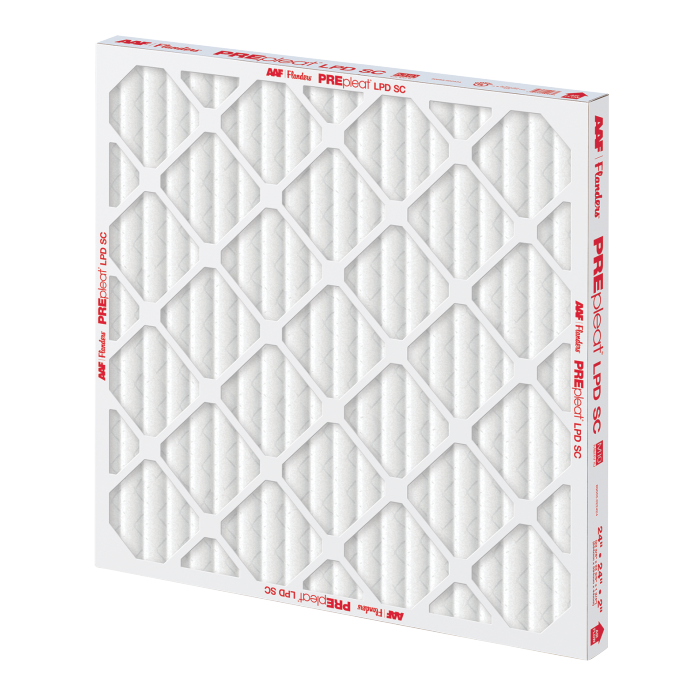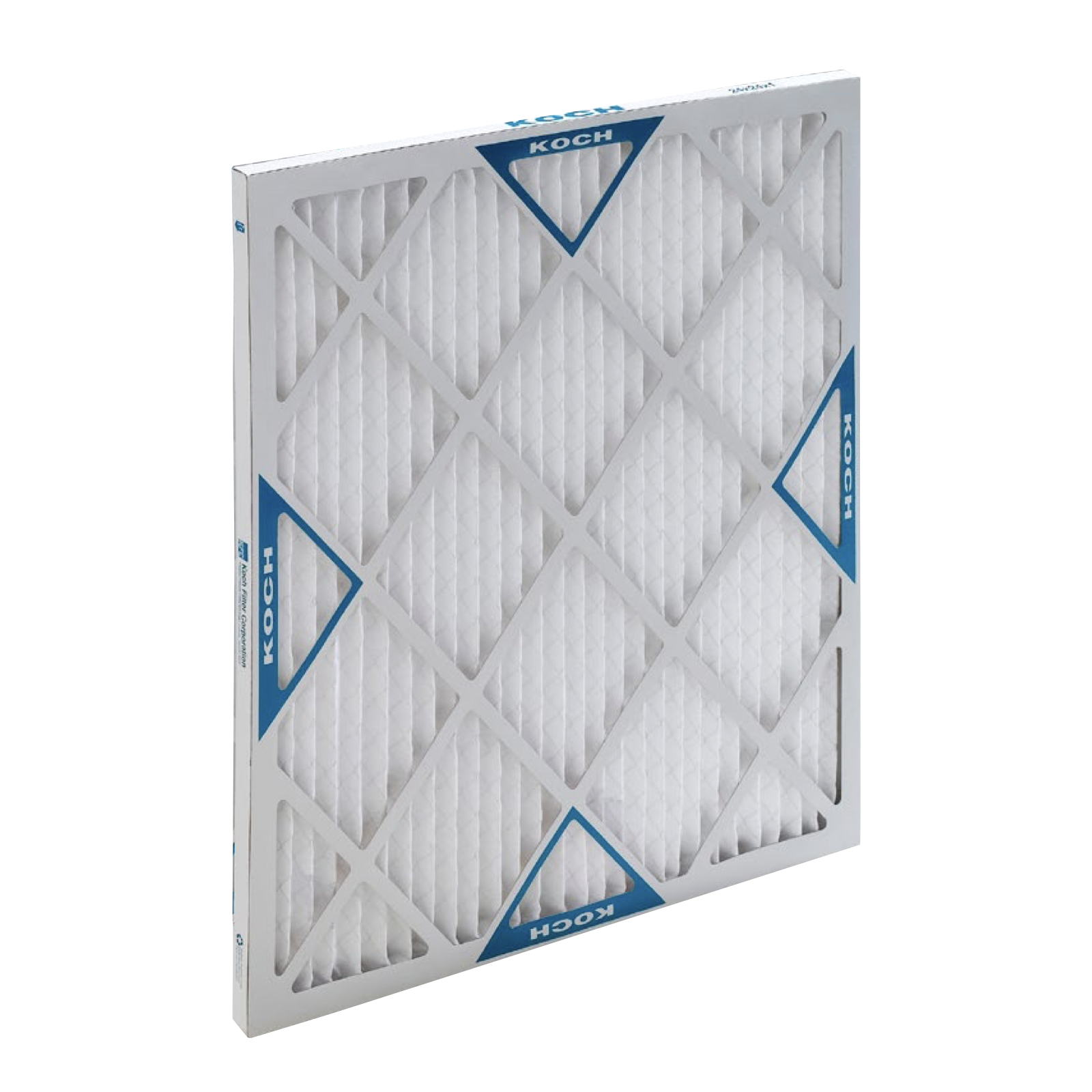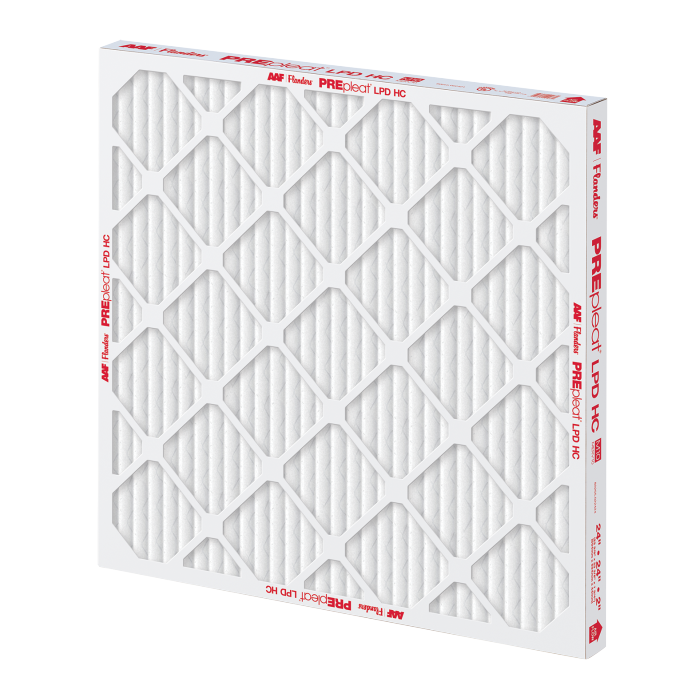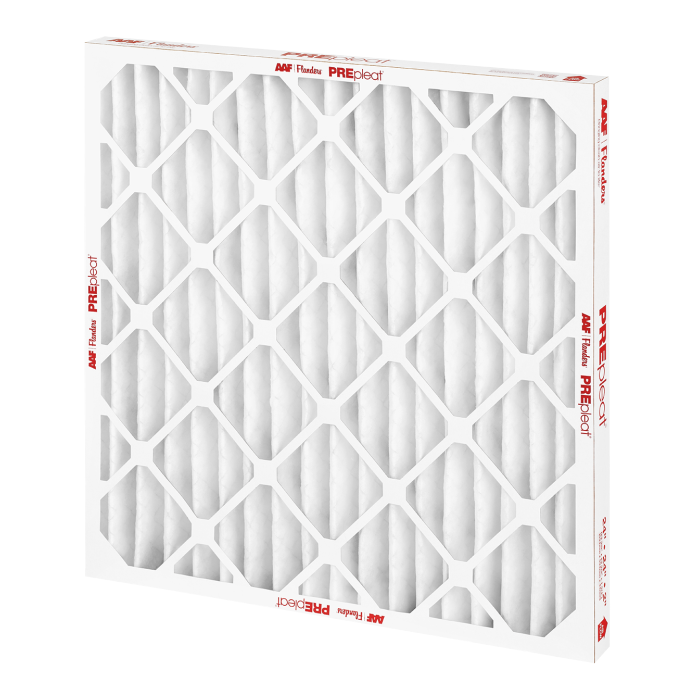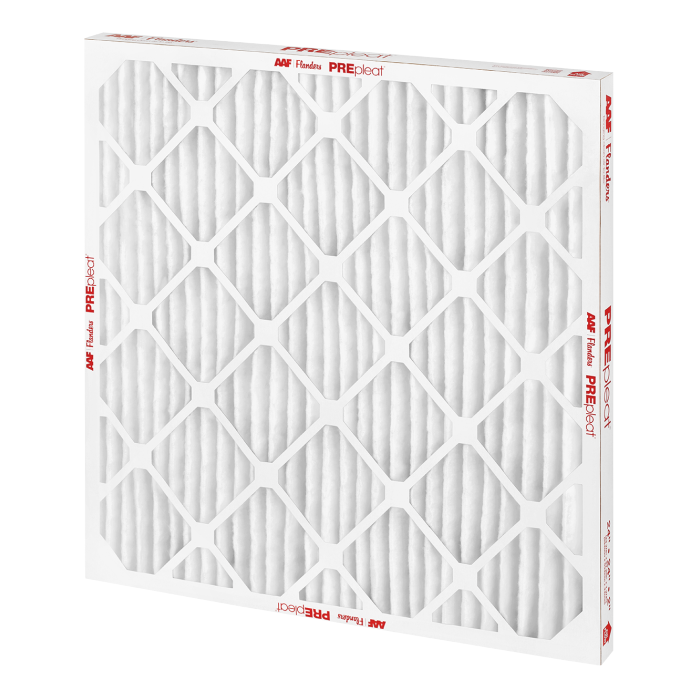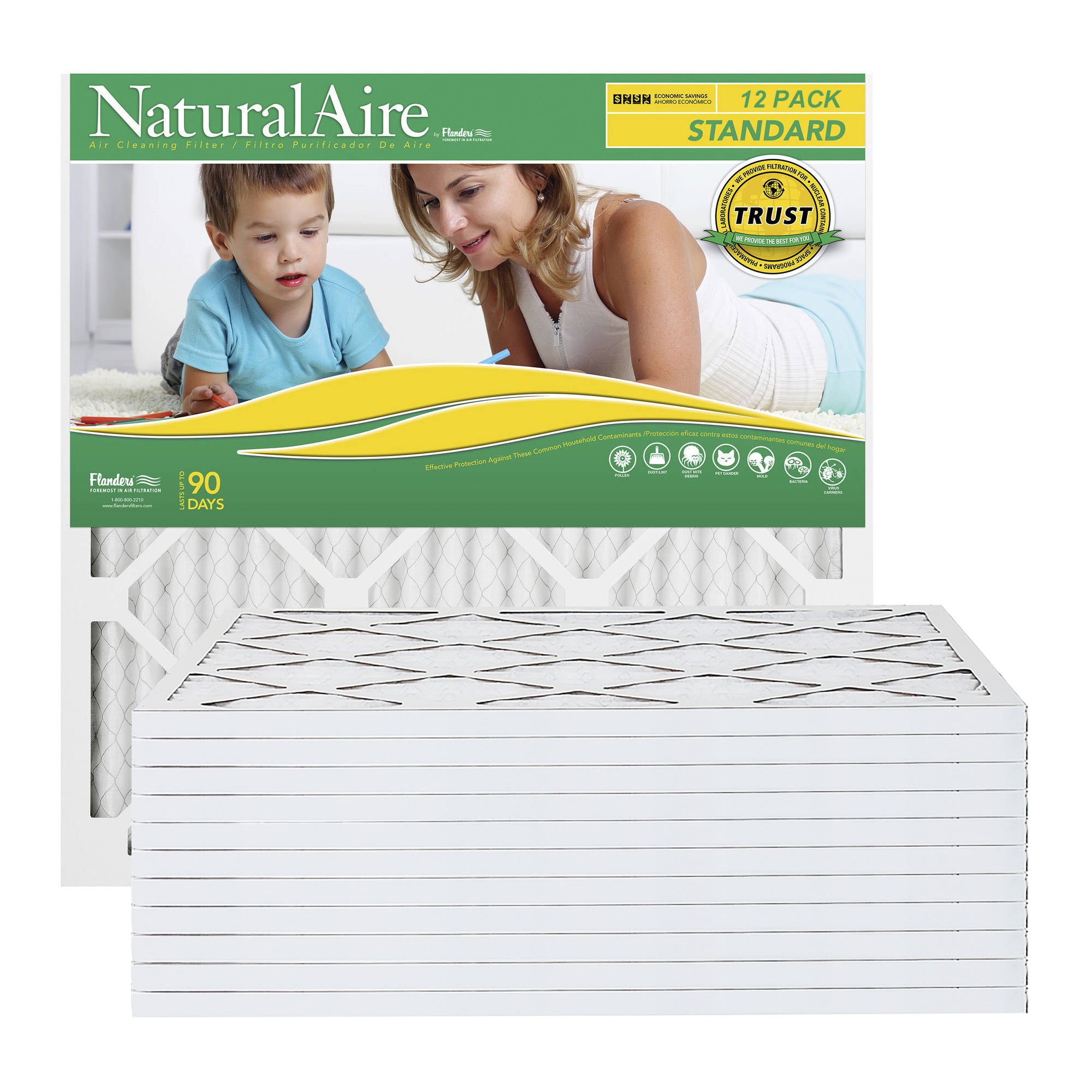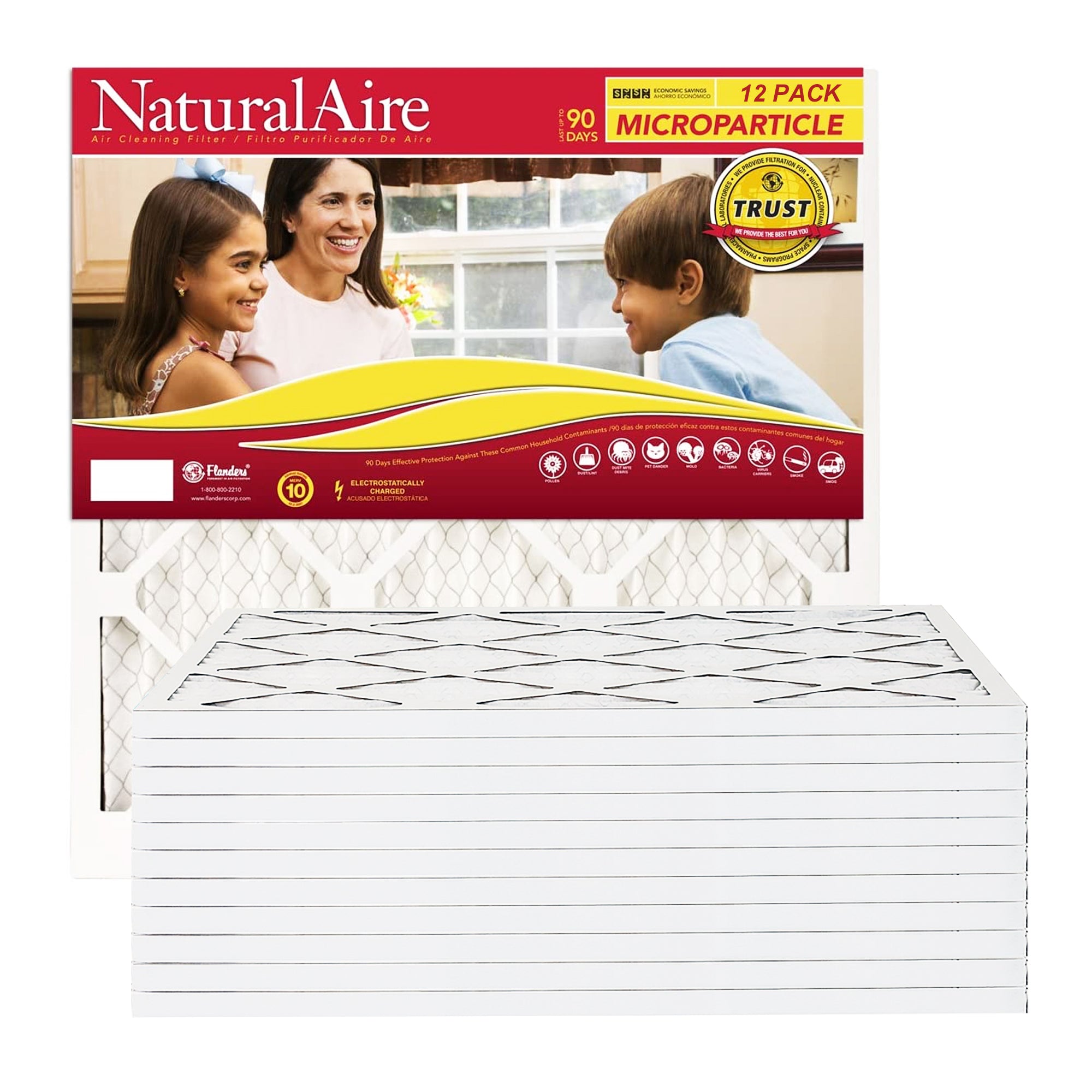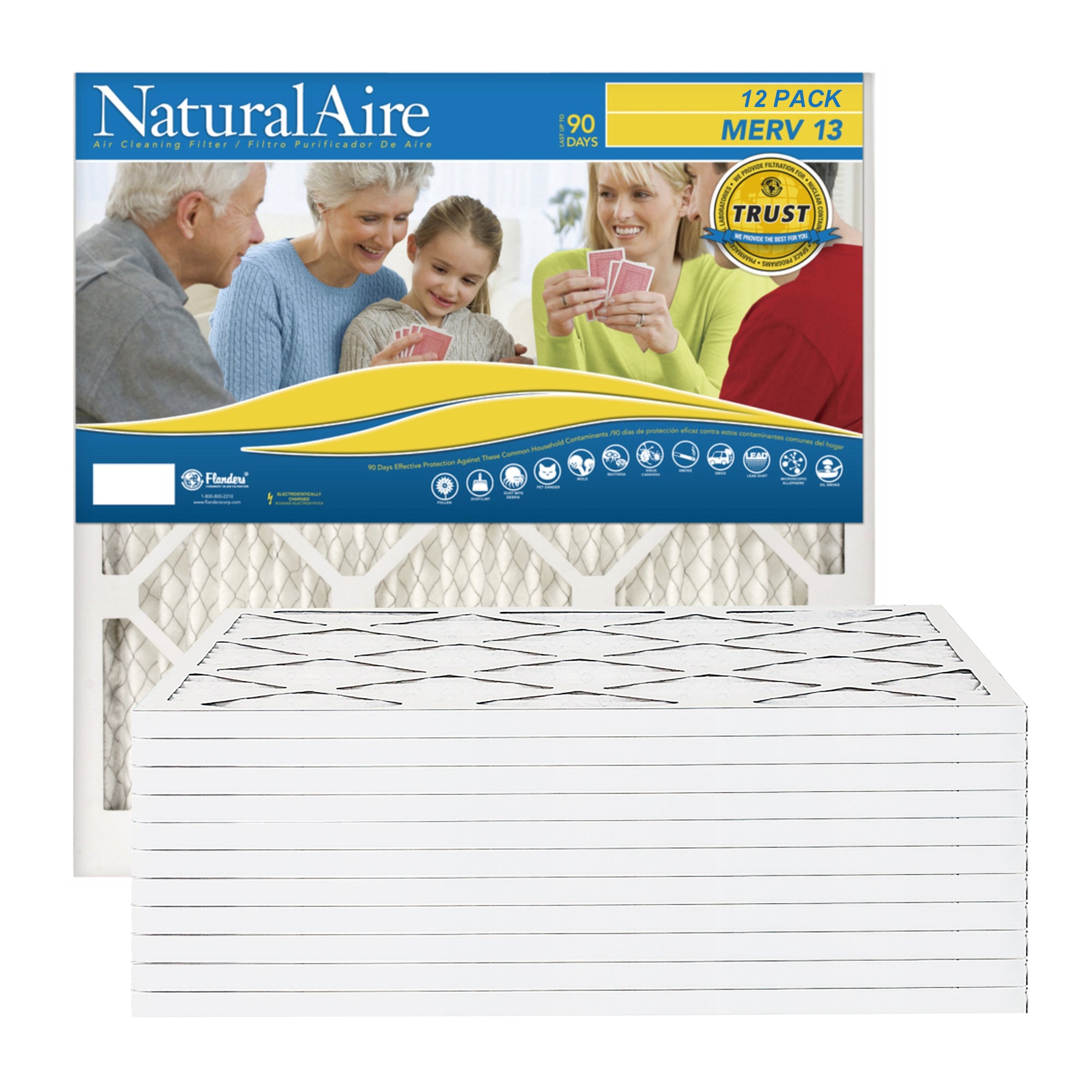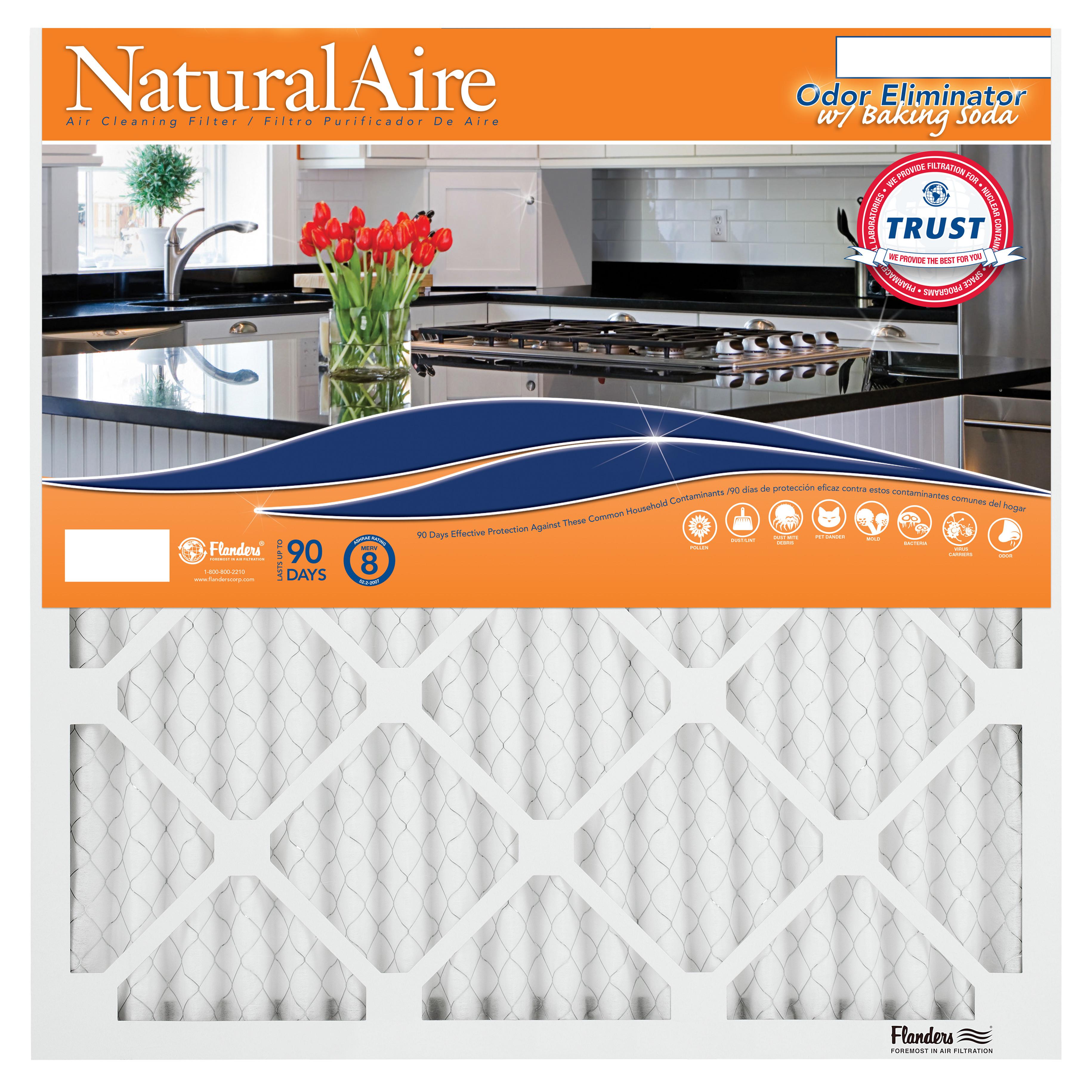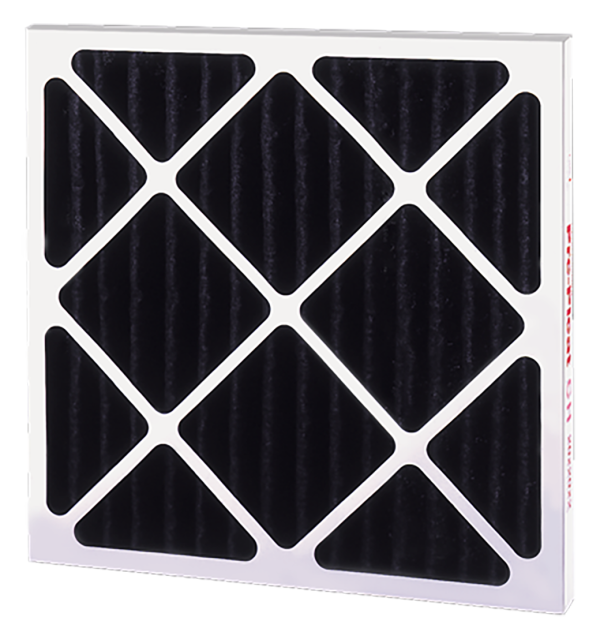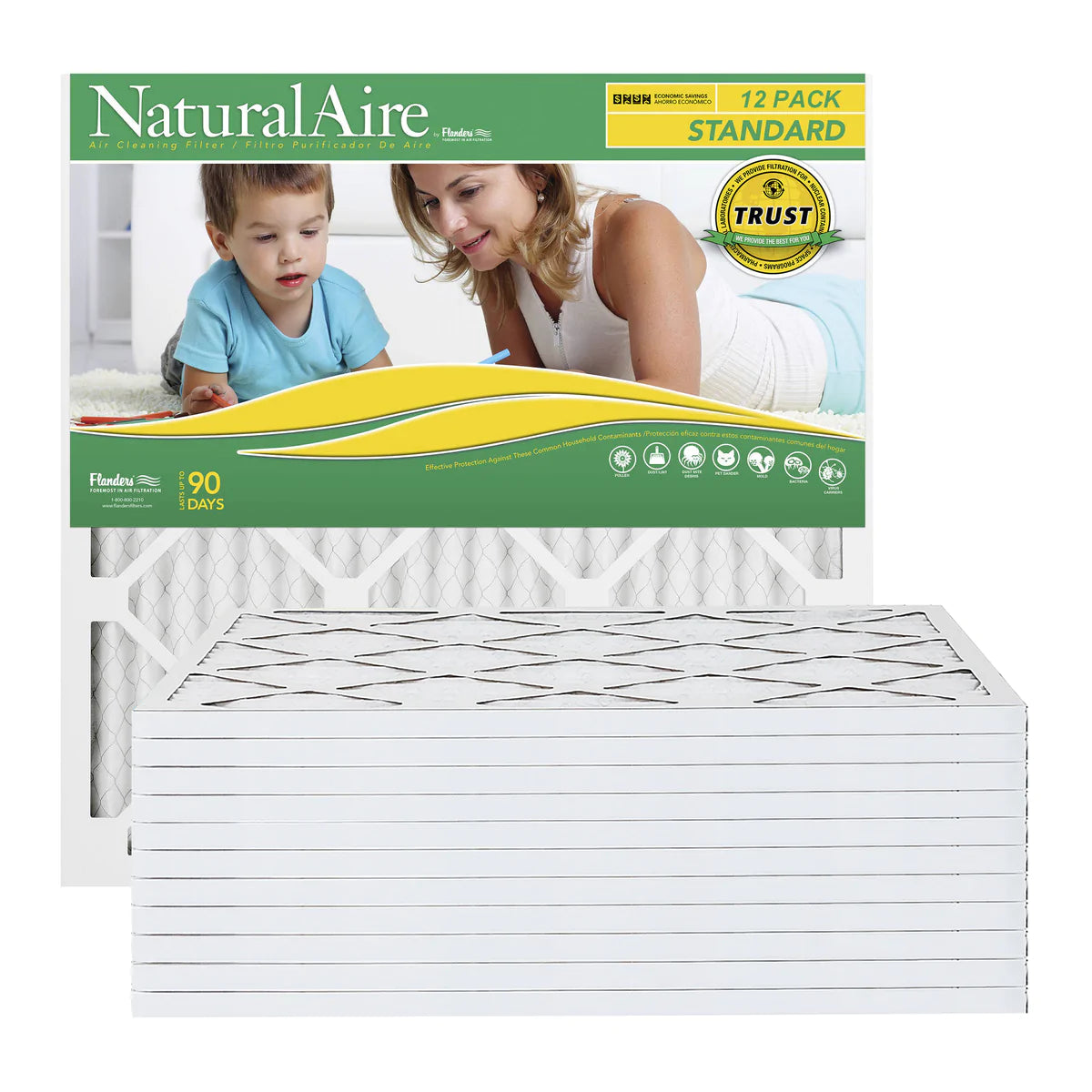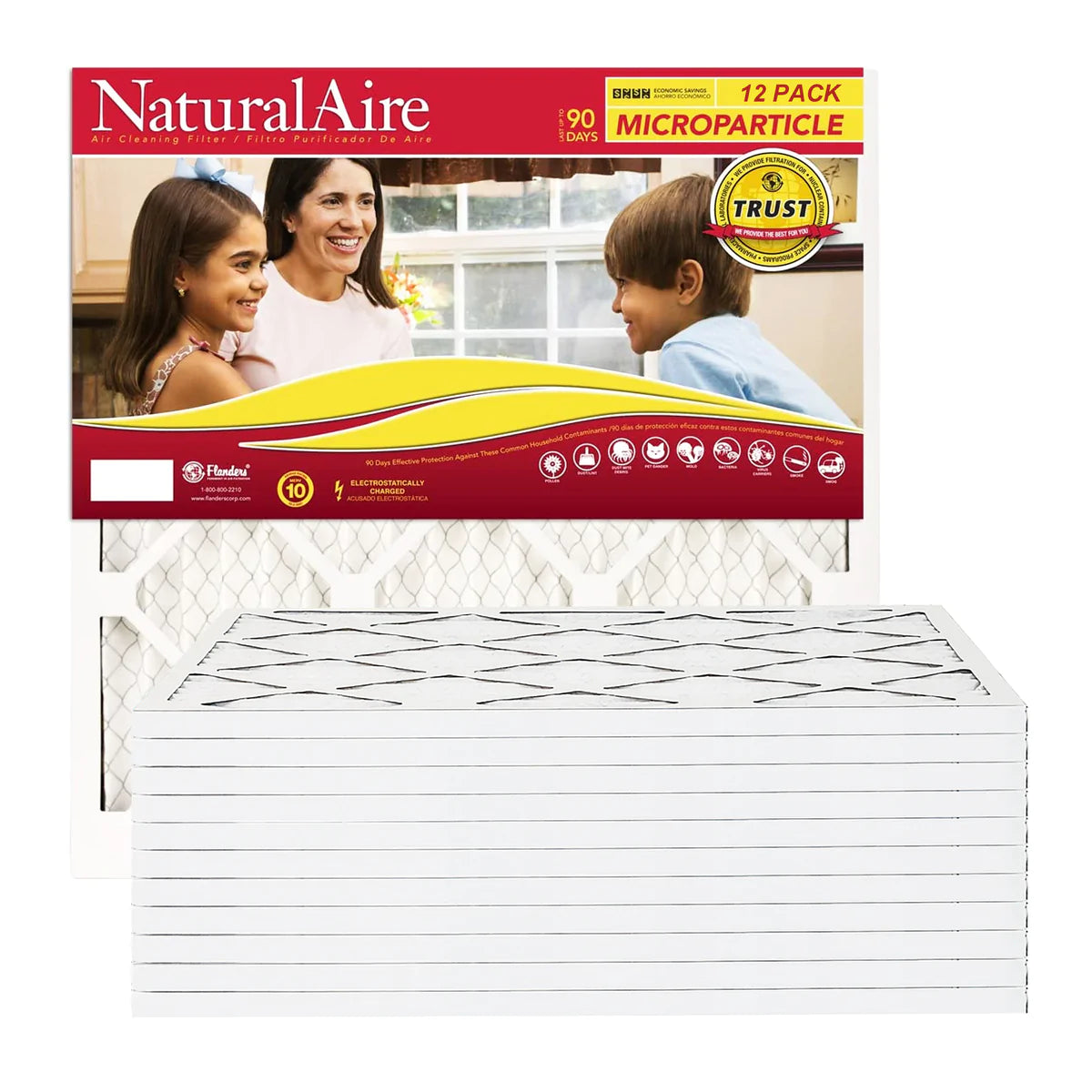Owning a pet can significantly improve your quality of life in numerous ways. Having a furry friend to entertain and provide you with comfort is a fantastic idea whether you live by yourself or with a family.
Although owning a pet is a therapeutic experience, our beloved felines and canines bring plenty of airborne pathogens into the house. All the dust, dirt, fur, and dander that a pet brings into your home can severely affect the indoor air quality.
For this reason, you will want to keep a keen eye on your home’s HVAC system. In this guide, you will learn how to improve your indoor air quality with pets at home.
By following these tips, you should be able to minimize or prevent any issues related to air quality from hampering your comfort at home. Being able to breathe clean air is something that every homeowner should enjoy, regardless of whether they have a pet or not.
Air Quality Considerations for Pet Owners
Many factors affect indoor air quality. For instance, if your home has central AC, cleaning solutions and other harsh chemicals could circulate throughout your home and affect your breathing ability. The same is true of pet dander.
Rather than harsh chemicals, the fur and dander from your pet will get all over your house. The main concern for pet owners is that all this excess fur and dander might clog your air filter and negatively impact your HVAC system’s ability to function.
Unfortunately for pet owners, they will have to vacuum, dust, and clean their homes more often than others to preserve their HVAC system’s efficiency. The airborne pathogens from your pets can have many adverse health effects.
Some people have pet allergies, but even if they don’t, adding more fur and dander to the mix could worsen an existing respiratory condition, such as COPD or asthma. Therefore, keeping your air clean will protect your friends and family from suffering any of these consequences.
A High-Quality Air Filter Is the First Line of Defense
Although pets can wreak havoc on your indoor air quality, you should know that there are plenty of ways to eliminate this threat. The most effective way to do this would be to invest in a high-quality air filter for your home’s HVAC system.
Flanders NaturalAire filters are among the best examples because, on the higher end of the spectrum, they have a Minimum Efficiency Reporting Value (MERV) rating of 13, which is quite effective at catching dander. An air filter with this MERV rating will trap any particles that would otherwise circulate throughout the premises. However, you must be sure to clean or replace your filter regularly.
Schedule a routine check for your air filter to ensure it’s working properly. While a clean air filter is one of your best weapons against airborne pathogens, a dirty or damaged air filter is one of the biggest threats to the function of your HVAC system.
Since pet dander clogs your air filter, you will need to check the filter more often as a pet owner. Checking every 30 to 50 days should ensure that your HVAC system is always functioning correctly and prevent it from breaking down or too much time passing in-between replacements.
Groom Your Pet Regularly
To cut down on the amount of fur and dander that circulates through your vents, you should groom your pet as much as you can. Whether you take them to the groomer or brush them yourself, dogs and cats benefit from regular grooming.
Also, cleaning out litter boxes, cages, or other things your pet uses will eliminate some of these particles. Your lungs won’t struggle as much if there’s less matter in the air, so grooming your pet and cleaning out any areas that they frequent will help you in the long run.
For this reason, you may want to purchase a vacuum with a HEPA filter so that you have the strongest line of defense against your pet’s fur and dander. Even if you don’t own a carpet, your pet’s fur can stick to any couches, rugs, drapes, or towels.
Think About Using UV Lights To Improve Air Quality
Another way to purify your air is by using UV lights to kill germs. Pets carry plenty of microorganisms on them, and you don’t want to get sick from these germs or bacteria. These microorganisms can transfer to any surface in your house, potentially exposing you to disease.
Luckily, UV light kills mold, bacteria, and various contaminants. Having an HVAC technician install UV lights in your ducts will kill these contaminants before they can spread throughout your home. Also, you don’t have to worry about UV rays affecting you and your family because they will stay inside your vents.
Contemplate Purchasing a Dehumidifier for Your Home
If you live in an area with frequent humidity, you should know that any excess moisture in your home could impact the air quality. Mold and mildew thrive anywhere with moisture, so you might consider purchasing a dehumidifier to avoid these pesky substances.
When your pet gets wet on a rainy day, it will be tough to dry them off quickly. As the moisture in their fur evaporates, it creates a mixture of pathogens that you will need to deal with as soon as possible. A dehumidifier can help your HVAC system work more effectively by tackling the moisture problem while your air filter catches the fur and dander.
Service Your HVAC System Consistently
HVAC repair technicians can help you maintain high-quality air in your home. Since your HVAC system works so hard for you, it’s only fair to have your system inspected, serviced, and repaired by a technician on a consistent schedule.
Even if you think your system is operating fine, having it inspected won’t hurt. Prevention is preferable to fixing a damaged system after the fact.
Overall, having a loving and faithful companion in your home is wonderful, but you don’t want your furry friend to affect your respiratory system. Now that you know how to improve your indoor air quality with pets at home, you can look forward to many years of easy breathing with your pets.



